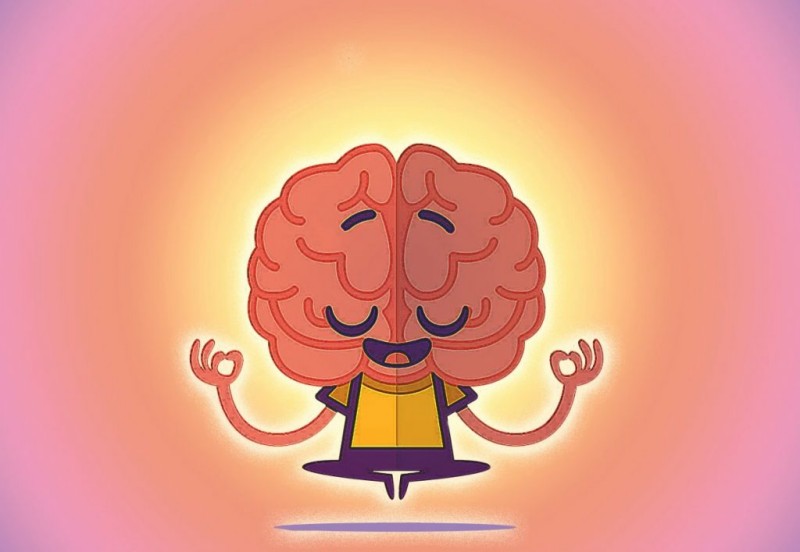Have you ever wondered why you naturally feel sleepy when it gets dark outside or why you tend to feel more alert and energetic in the morning? This is all thanks to a biological process in your body known as the circadian rhythm. Understanding this internal clock can pave the way to improved wellness, beauty, health, and weight management.
The circadian rhythm, also popularly known as your sleep/wake cycle or body clock, is a 24-hour internal clock that runs in the background of your brain and cycles between sleepiness and alertness at regular intervals. It’s a crucial factor influencing your sleep patterns, feeding habits, body temperature, and various other physiological processes.
Many factors can throw off your circidian rhythm, such as late-night exposure to artificial light from screens, irregular sleep patterns, and certain medications. When your circadian rhythm is disrupted, it can lead to sleep disorders, obesity, diabetes, depression, and other health problems.
A 2024 study from the Journal of Nutritional Health found that people who aligned their eating patterns with their circadian rhythms – also known as chrono-nutrition – were more likely to maintain a healthy weight and had lowered risk of chronic diseases.
So, how can you keep your circadian rhythm in check?
First off, it’s essential to maintain regular sleep and wake times. Going to bed and waking up at the same time every day can significantly improve the quality of your sleep and overall health. This regularity reinforces your body’s sleep-wake cycle and can help you fall asleep and stay asleep for the night.
Secondly, expose yourself to plenty of natural light during the day. Sunlight or bright light helps keep your circadian rhythm healthy. This improves daytime energy, as well as nighttime sleep quality and duration. In contrast, avoid bright screens two to three hours before bed.
Lastly, pay attention to what you eat and when. A balanced diet that aligns with your circadian rhythm can boost your health and well-being. Try to eat your meals at the same times every day and avoid eating late at night.
Moreover, regular physical activity can help reset the circadian rhythm. A 2025 study in the American Journal of Physiology found that exercise could shift the human clock, with the direction and magnitude depending on the time of the workout.
To sum up, understanding and respecting your circadian rhythm can pave the way to better health and well-being. By staying in sync with your body’s internal clock, you can boost your energy, improve your mood, enhance your physical performance, and keep your weight in check.












 : eval()'d code(1) : eval()'d code(1) : eval()'d code(1) : eval()'d code</b> on line <b>2</b><br />
https://mindbodyfuell.com/wp-content/themes/baobao/default.jpg)
